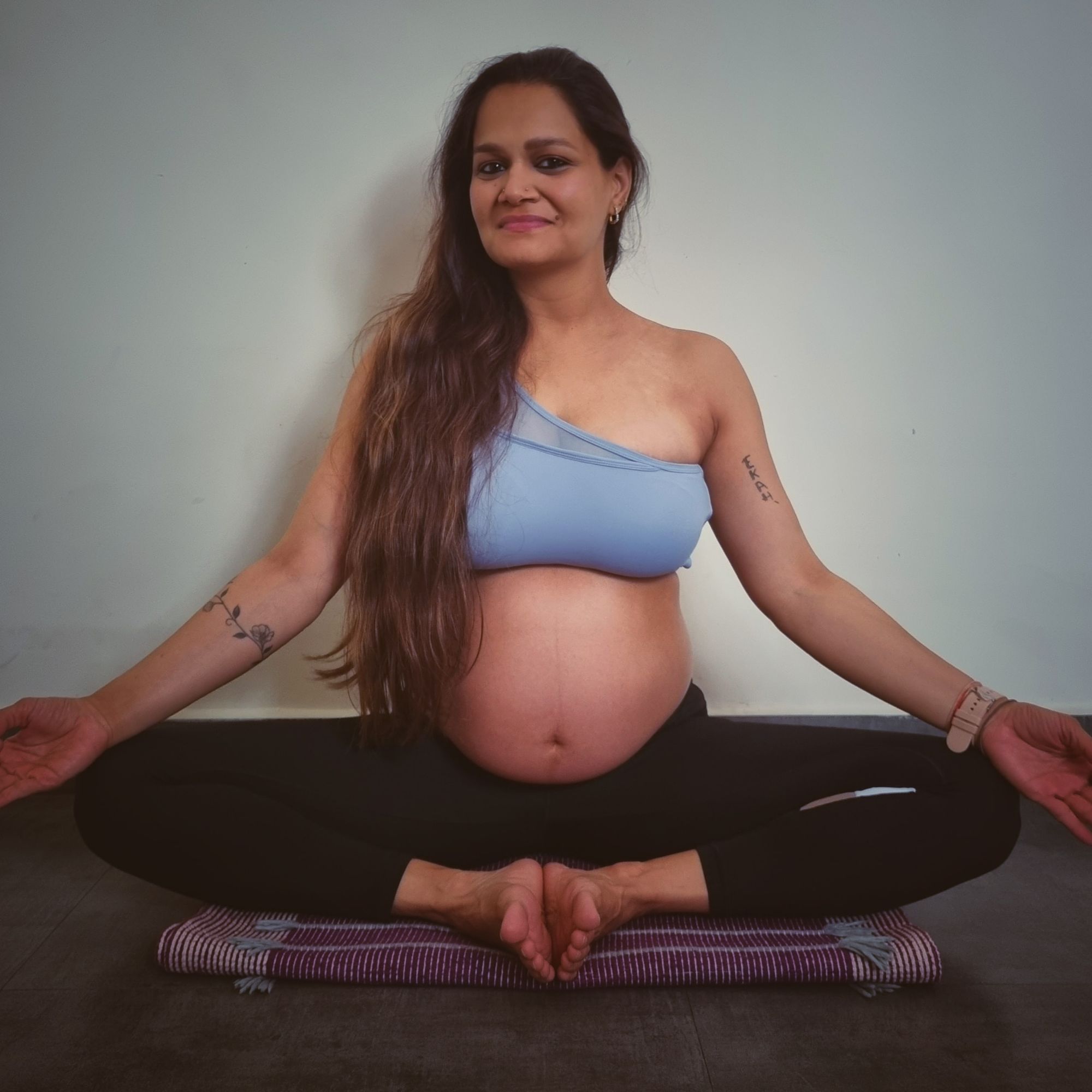A not so candid moment during our baby moon.
In the last couple of months I’ve had conversations with many women who want to improve their hormonal health, and ask me about yoga for fertility and other tools that can help with that. Amongst other things I’ve noticed that many women equate yoga to a ‘workout’ when it comes to their health. Not only is this understanding incorrect, but it’s also misleading. It makes women think they are doing all they can by way of physical movement, but it might be harming you more than helping you.
Don’t get me wrong, I love working out – I love running and barre class. I’ve been working out consistently throughout my pregnancy, and making sure I get 10000 footsteps as often as I can. But during my journey to conception I noticed a very different message coming through from my teachers and alternative healers.
They asked me to slow down and relax. Calm down your system. And to be honest, for me that conjured visions of a bunch of old people slouching on their meditation pillows and chanting. I am more into mindfulness through movement – which is how I’ve carefully crafted my yoga practice over the years.
So when even my yoga teachers started putting me in lots of supine asanas, I started to wonder why the alternative healing community focused on slowing down, while the allopaths all wanted us to exercise and sweat it out. How is yoga different from working out (and working out can be anything from swimming, to running to going to the gym, or a sport)?
Yoga vs Working Out
Practicing yoga for fertility was a journey of trial and error.
When I first started practicing yoga to boost my fertility, my teacher put me on an intense regime of 20-25 backbends a day. And then one day she suddenly changed her approach – she kept me in supine asanas for almost half an hour. This was a whole new world of yoga practice, and it was unsettling.
Soon I observed that I felt good post this slowed down (allegedly boring) slow yoga (sloga?). It was palpable. It was tangible. I felt calm and balanced instead of stimulated and excited.
Which bring me to the first difference between yoga and exercise.
The change is internal, and you can feel it.
The parameters for a ‘good’ exercise session are usually external – that heady feeling post a quick run, bench pressing x amount, x footsteps in a day, and even the reduction of weight over a sustained period of time. Yoga sessions designed with your internal chemistry in mind will initially not give you a heady rush. The sense of well-being creeps up on you slowly, and sooner or later you’re bound to notice it. The point is that this change originates from within you, but we keep looking for an outward confirmation.
But patience goes a long way – when this transformation finally happens (as it undoubtedly will), you will start to move and even glow differently. Your connection with yourself will be stronger than ever. This is what held me in good stead when I repeatedly denied ART methods of conception.
Works on your (fertility) hormones.
Everything we do has an impact on our hormonal health, either enhancing or harming it. Even the face cream you use.
At unbalanced levels the cumulative stress on the body (physical, emotional etc) causes cortisol to be secreted. The presence of cortisol for long periods of time makes our bodies think we are constantly in flight or fight mode. This impacts your growth, digestion and reproductive system.
When we are not wired to see the benefit of stillness, we don’t know how much is too much exercise. This pregnancy journey has taught me an appreciation for the balance that stillness and contemplation that only yoga can give.
Yoga changes your internal landscape.
A well-crafted yoga sequence is like an exquisitely baked cake – made by mixing together the perfect quantities of the finest ingredients, whipped and baked by the most talented culinary expert who artfully contours the icing with the most delicate strokes.
It cajoles and gently remonstrates your wayward glands effecting a change in your hormonal composition. This is when and where the transformation begins. The aftermath of my pregnancy yoga routine has been feelings of contentment, wholesomeness and even happiness.
Reduces stress.
Many of us have an erroneous understanding of how stress inhabits our system. We believe stress to be temporary – often coming in the wake of tight deadlines or stifling family drama. Stress is actually the physiological impact that results from such events, and its impact outlasts the event that caused it. Much like pressure that builds up in a closed valve – the valve (your body) can take only a certain amount before it bursts.
Yoga slows down your body by first slowing down your mind. Yoga for fertility encourages practitioners to spend a lot of time moving mindfully (and slowly) from one asana to another. The movements become more intentional and mindful. Soon this movement becomes the norm for the practitioner.
Instead of time being reduced to 30 second sprint intervals on a treadmill, a yogi’s body starts to expand to fill time and space.
Our approach to exercise is lop-sided. The owner of a gym I used to teach in a few years ago advised me to design yoga routines that would have students crawling out of class in exhaustion. According to him that was the key to a successful class. Many of us believe that the more we sweat it out, the better it is for our body. This mentality needs to change. Slowing down enables us to explore bits and pieces of ourselves that require time and patience. Once we shine a light on these ignored aspects of our Self – our entire being glows with a new understanding. Going by what people have been telling me, this glow characterises my pregnancy.
That said, not all yoga classes focus on therapy – some are designed just to be a good sweat sesh (nothing wrong with that). But if you are looking to amplify your fertility through yoga, then you need to look for an experienced teacher who can help you customise a routine that works for you.
I talk more about this in this video on YouTube. Have a look.

